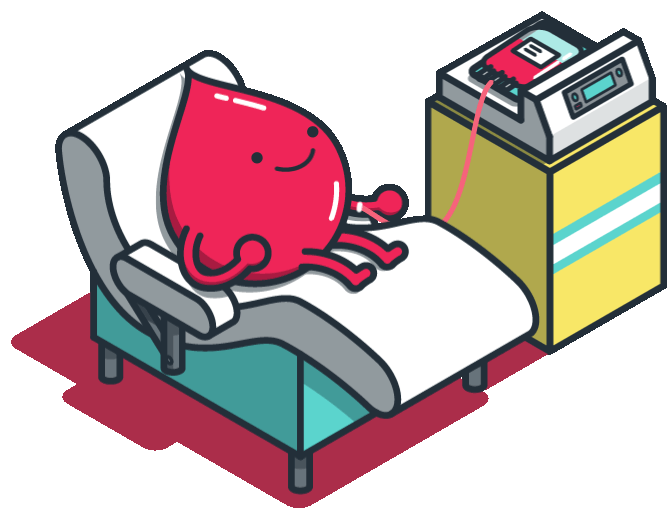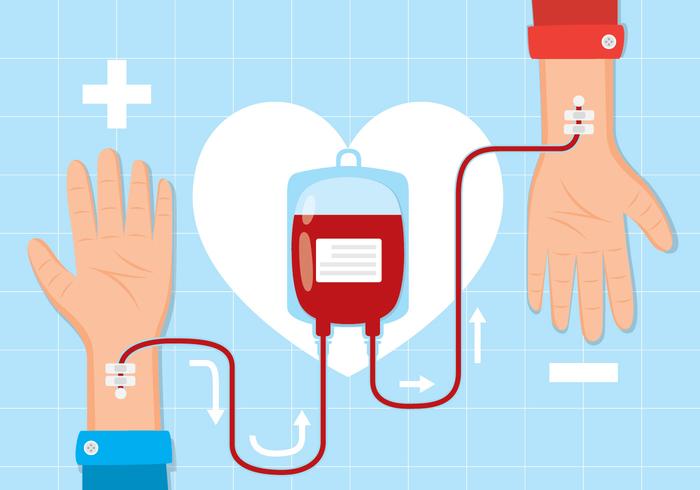Blood donation



Firstly, you will be asked to provide personal details such as your name, address, age, weight, ID number and/or date of birth. A medical history is taken by means of a written questionnaire.
These questions are designed to ascertain that it is medically safe for you to donate blood and that the recipient of your blood will not be harmed in any way. In addition, very personal questions relating to your mode of life and sexual behaviour are asked to ascertain that you are not at increased risk of potentially transmitting infection through transfusion.

A unit is about 450 ml of blood. The average adult has between four and five litres of blood in his or her body, and can easily spare one unit.
Blood is donated voluntarily, freely and without payment or reward of any kind. Blood must only be donated in the spirit of altruism for patients who need blood or blood products as part of their medical treatment. Blood is donated as an act of goodwill towards a fellow human being and nothing should be expected in return for giving this gift of life.
What you do get in return is a physical and emotional sense of well-being and the knowledge that you have helped to save someone's life. We all hope that someone will do the same for us when we need a blood transfusion.